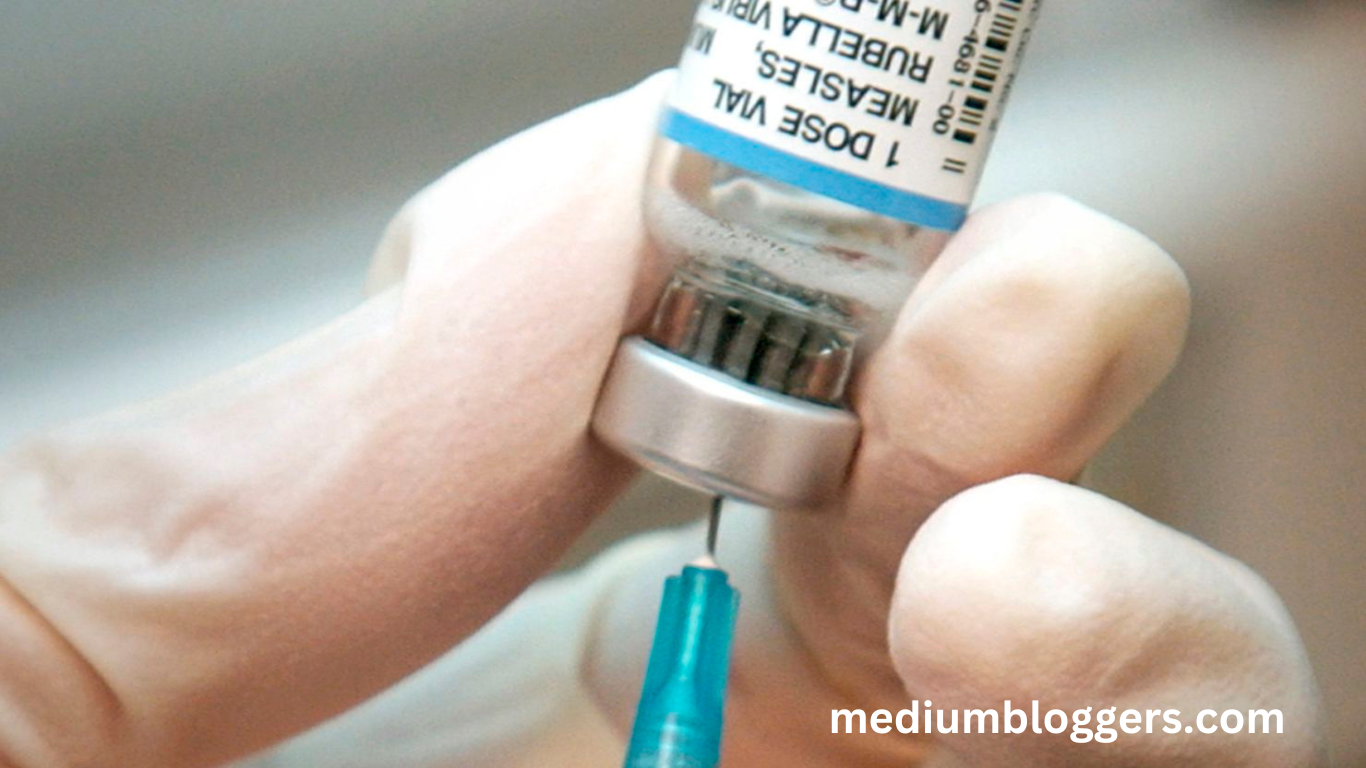Recent decisions by the Department of Health and Human Services (HHS) to reduce grants for vaccine programs have sparked widespread concern among health experts. These cuts could have severe consequences, particularly for vulnerable populations, as they limit access to crucial immunization initiatives.
Public Health Experts Express Concern
Medical professionals and researchers emphasize the dangers of reduced vaccine funding. Lower financial support for immunization programs may lead to declining vaccination rates, increasing the risk of preventable disease outbreaks. Experts warn that reduced funding affects communities with limited healthcare access, further widening health disparities.
Potential Impact on Disease Prevention
Vaccination programs play a crucial role in controlling infectious diseases. Funding reductions could disrupt efforts to combat illnesses such as measles, influenza, and COVID-19. Health officials argue that sustained investment in immunization is essential to maintaining national and global public health security.
Read More : Texas Closes Free Measles Clinics Due to Funding Cuts
Economic and Healthcare System Strain
The financial burden of treating preventable diseases outweighs the cost of proactive vaccination programs. Public health advocates highlight that hospitalizations, medical treatments, and loss of productivity due to preventable diseases could place additional strain on the healthcare system and economy.
Calls for Reconsideration
Healthcare organizations and advocacy groups urge policymakers to reassess these funding cuts. Many argue that prioritizing vaccine accessibility is vital for public safety. Restoring or increasing financial support for immunization initiatives could prevent long-term negative consequences and protect millions from potentially deadly diseases.
Urgency of Action
The risk posed by these cuts underscores the need for swift intervention. Public awareness, policy changes, and continued investment in immunization programs are essential to safeguarding health nationwide. Experts emphasize that ensuring widespread vaccine availability remains a critical component of disease prevention and national security.
Frequently Asked Questions
Why is the HHS cutting vaccine grants?
The HHS has cited budget constraints and shifting healthcare priorities as reasons for reducing vaccine grant funding.
How will these cuts impact public health?
Decreased funding may lower vaccination rates, increasing the risk of disease outbreaks and putting vulnerable populations at greater risk.
Which diseases could resurge due to reduced vaccine funding?
Measles, influenza, COVID-19, and other preventable diseases could become more prevalent due to lower immunization rates.
Who will be most affected by these cuts?
Low-income communities, children, elderly individuals, and people with limited healthcare access are expected to be most affected.
What can be done to reverse these funding cuts?
Advocacy, public awareness campaigns, and legislative action could help restore or increase vaccine funding.
How do vaccines benefit the economy?
Vaccination programs reduce healthcare costs, prevent lost productivity, and minimize economic strain caused by preventable disease outbreaks.
What role do vaccines play in national security?
Preventing infectious disease outbreaks helps protect public health, ensures workforce stability, and strengthens national preparedness against health crises.
How can individuals support vaccine programs?
People can support vaccination programs by staying informed, advocating for funding, getting vaccinated, and encouraging others to do the same.
Conclusion
Cuts to vaccine grants threaten public health, economic stability, and national security. Experts warn that declining immunization rates could lead to preventable disease outbreaks, disproportionately affecting vulnerable populations. Advocacy and policy changes are crucial to reversing these cuts and ensuring widespread vaccine access. Investing in vaccination programs remains one of the most effective ways to protect lives and prevent long-term healthcare burdens. Immediate action is necessary to safeguard the nation’s health.


